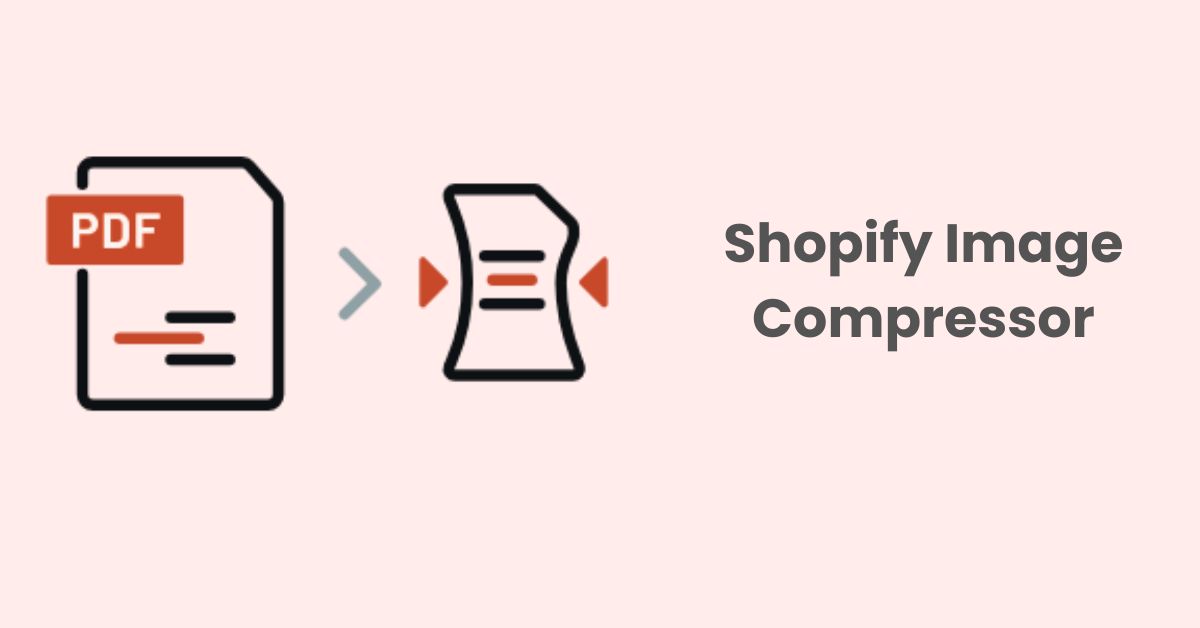How SEO works to improve your search rankings
In today’s digital age, having a strong online presence is crucial for businesses to succeed. Search engine optimization (SEO) is an essential part of this, as it helps improve the visibility of your website and content in search engine results pages (SERPs). In this article, we’ll take a closer look at how SEO works, and how you can optimize your website to improve your search engine rankings.

Keyword Research
The first step in any SEO strategy is keyword research. This involves identifying the keywords and phrases that your target audience is using to search for your products or services. By understanding what your audience is searching for, you can optimize your website and content to better match their search intent.
Keyword research can be done using a variety of tools, such as Google Keyword Planner or SEMrush. These tools can help you identify relevant keywords and phrases, as well as their search volume and competition.
When conducting keyword research, it’s important to choose keywords that are relevant to your business and have a high search volume. However, it’s also important to consider the competition for each keyword. Targeting highly competitive keywords can be challenging, especially for new or small businesses, so it may be beneficial to focus on long-tail keywords, which are longer and more specific phrases that may have lower search volume but also lower competition.
On-Page Optimization
Once you’ve identified the right keywords, the next step is to optimize your website’s pages to include those keywords in the right places. This is known as on-page optimization, and it involves optimizing the page title, meta description, header tags, and body content to include your target keywords.
The page title and meta description are important elements of on-page optimization, as they appear in the SERPs and can influence whether a user clicks through to your website. Including your target keyword in these elements can help improve your search engine rankings and make your content more relevant to users.
Header tags, such as H1 and H2, are also important for on-page optimization. These tags help organize your content and make it easier for users and search engines to understand the structure of your page. Including your target keyword in your header tags can also help improve your search engine rankings.
Finally, your body content should be optimized to include your target keyword naturally throughout the text. However, it’s important to avoid keyword stuffing, or overusing your target keyword, as this can actually harm your search engine rankings.
Content Creation
Creating high-quality, informative, and engaging content is essential for SEO. Your content should focus on providing value to your target audience while also incorporating your target keywords. This can include blog posts, articles, videos, infographics, and more.
When creating content, it’s important to focus on quality over quantity. Search engines prefer high-quality content that provides value to users, so aim to create content that is informative, engaging, and shareable.
Link Building
Links from other high-quality websites to your website can improve your search engine rankings. This is known as link building, and it involves reaching out to other websites in your industry and asking them to link to your content.
However, it’s important to focus on quality over quantity when building links. Low-quality or spammy links can actually harm your search engine rankings, so it’s important to only build links from high-quality websites that are relevant to your business.
There are several strategies for building high-quality links, including:
- Guest blogging: Writing guest posts for other websites in your industry and including links back to your website.
- Broken link building: Finding broken links on other websites and reaching out to the website owner to suggest replacing the broken link with a link to your content.
- Resource page link building: Identifying resource pages on other websites in your industry and reaching out to the website owner to suggest adding a link to your content
Technical SEO
This is a critical component of any SEO strategy and involves optimizing the technical aspects of your website to improve its search engine rankings. Technical SEO includes elements such as website speed, mobile responsiveness, crawlability, and structured data.
Website speed is an important factor in search engine rankings, as slow loading times can negatively impact user experience. To improve website speed, you can optimize images, use a content delivery network (CDN), and reduce the number of HTTP requests.
Mobile responsiveness is also important for SEO, as more users are accessing websites on mobile devices. Google prioritizes mobile-friendly websites in its search engine rankings, so it’s important to ensure your website is optimized for mobile devices.
Crawlability refers to the ability of search engines to crawl and index your website. To improve crawlability, you can optimize your website’s robots.txt file, XML sitemap, and URL structure.
Structured data is a way of providing additional context to search engines about the content on your website. By implementing structured data, you can help search engines understand the meaning behind your content, which can improve your search engine rankings.
In conclusion, SEO is a complex and ever-evolving process that requires ongoing effort and optimization. By conducting thorough keyword research, optimizing your website’s pages and content, building high-quality links, and implementing technical SEO best practices, you can improve your search engine rankings and drive more traffic to your website. However, it’s important to remember that SEO is a long-term strategy and requires patience and persistence to see results. With the right approach and a commitment to ongoing optimization, you can improve your online visibility and achieve your business goals.





